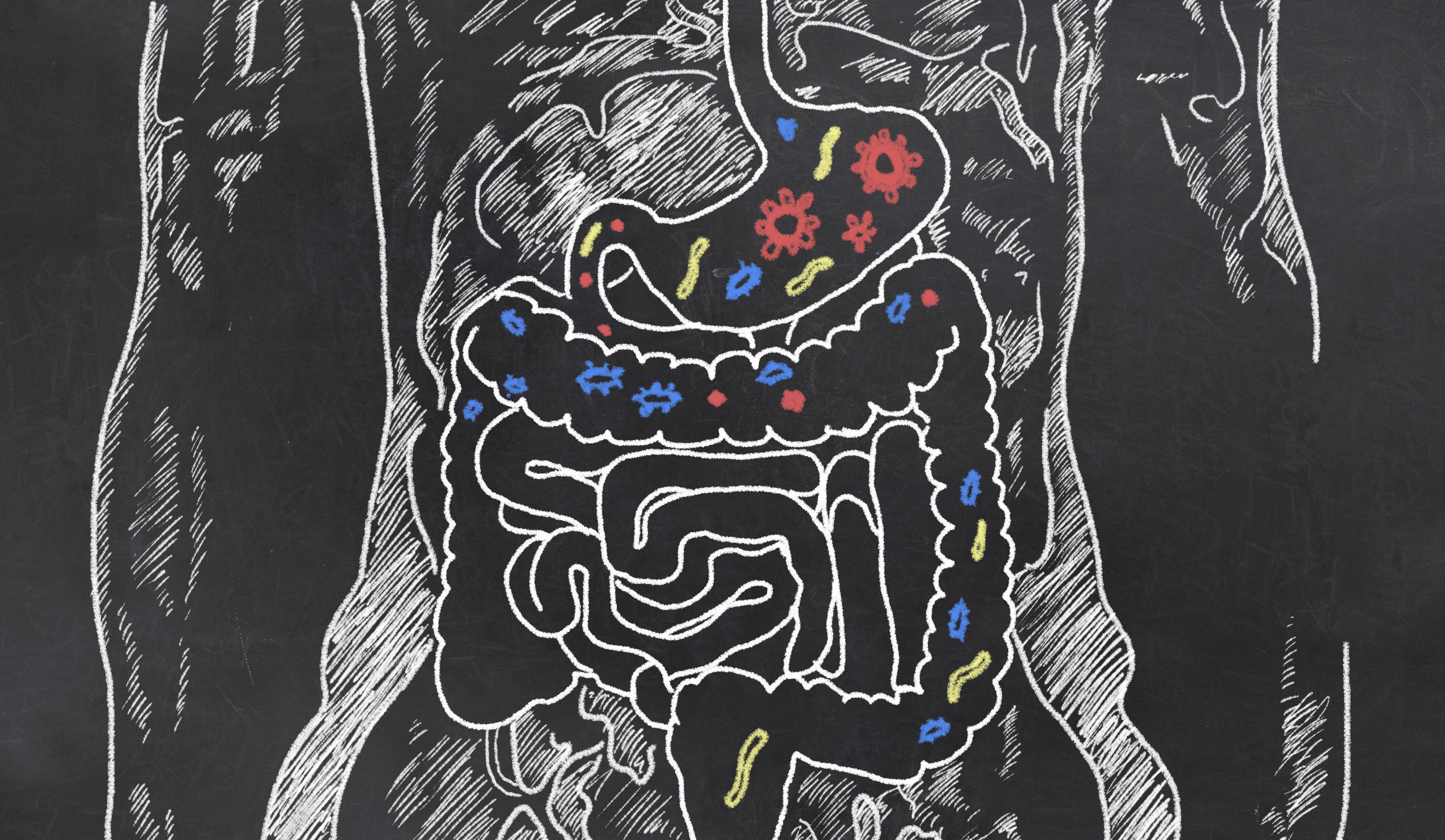Gut Feeling: Can What You Eat Affect Your Colon Cancer Risk? The food environment, microbial cysteine metabolism, and cancer disparities
P
Patricia Wolf
Primary Investigator

Recruiting
45 years - 75 years
All
Phase
N/A
40 participants needed
1 Location
Brief description of study
DID YOU KNOW?... Colorectal cancer(CRC) is the second leading cause of cancer death in the United States. CRC is a serious health problem in the U.S., and African American/Black individuals are affected more than others.
What is this study about?
This study will look at a nutrient called cysteine. We think that factors like a person’s diet and stress levels can affect how cysteine breaks down in the gut. We want to see how this can impact a person’s risk of CRC. To find out, we will study the foods people eat and their stress levels.
Who can take part?
Adults aged 45-75 who are considered to be at high risk of developing colorectal cancer (have a history of polyps), identify as Black/African-American or non-Hispanic White and have no food allergies, dietary restrictions, or therapeutic diets.
Detailed description of study
What will happen during study participation?
- This study will last for 11 weeks and you will visit the Purdue Clinical Research Center (CRC) or Indianapolis CRC a total of 11 times.
- During the study, you will eat three diets with different amounts of cysteine. Two diets will be eaten for 21 days each, and the other for 14 days. All study related food will be provided at no cost to you.
- You must pick up the meals and snacks at either the Purdue CRC or the Indianapolis CRC. At each pickup, you will get 7 days’ worth of food to eat. We ask that you only eat the food you are given, and only drink water during the study diets.
- You will need to track what foods you are eating and you will review your food log with a dietitian at every food pickup.
- You will eat your normal diet for 21 days during the middle of the study. You will not be given food for the days you are eating your normal diet.
- At the study visits, you will complete questionnaires and your body weight, height, and body composition will be measured.
- We will also collect blood and stool samples from you throughout the study, and 5 water samples at the beginning of the study.
- You will have the option to provide 2 additional 1-liter water samples.
Incentive/compensation
Participants will receive $450 dollars for completing the study. We'll split this amount into 3 smaller payments at different points throughout the study. You can choose to receive a water quality report once the study is complete and all data is analyzed, or you can choose not to. You’ll make your choice when you fill out the study surveys.
Additional information
This study is being conducted by Dr. Patricia Wolf in the Department of Nutrition Science at Purdue University.
To learn more about Patricia Wolf, PhD, RD and her research interests, please visit this link: https://hhs.purdue.edu/directory/patricia-wolf/
Eligibility of study
You may be eligible for this study if you meet the following criteria:
- Conditions: all
-
Age: 45 years - 75 years
-
Gender: All
Inclusion Criteria:
- Must be up-to-date on colorectal cancer screening colonoscopy.
- A history of polyps (this will be verified by your medical provider).
- If female, must have gone through menopause or haven't had a monthly period for at least six months.
- Identify as Black/African-American or non-Hispanic White
Exclusion Criteria:
- Have taken antibiotics in the last 2 months
- Use dietary supplements with added cysteine, including pre- or probiotics, within the last month
- Therapeutic or vegetarian diet
- Significant food allergies or food preferences that would interfere with the dietary intervention
- Alcoholism
- A weight of over 450 pounds (this is due to the weight capacity of the machine that will be used to measure body composition)
- Use of illicit drugs or combustible tobacco
- Recent whole or power red blood donation
- Recent or upcoming surgery
- A history of eating disorders
- A history of cancer treatment within the past 12 months
Updated on
18 Feb 2026.
Study ID: CTSI-PURDUE-2023-1426, IRB-2023-1426, 27196

